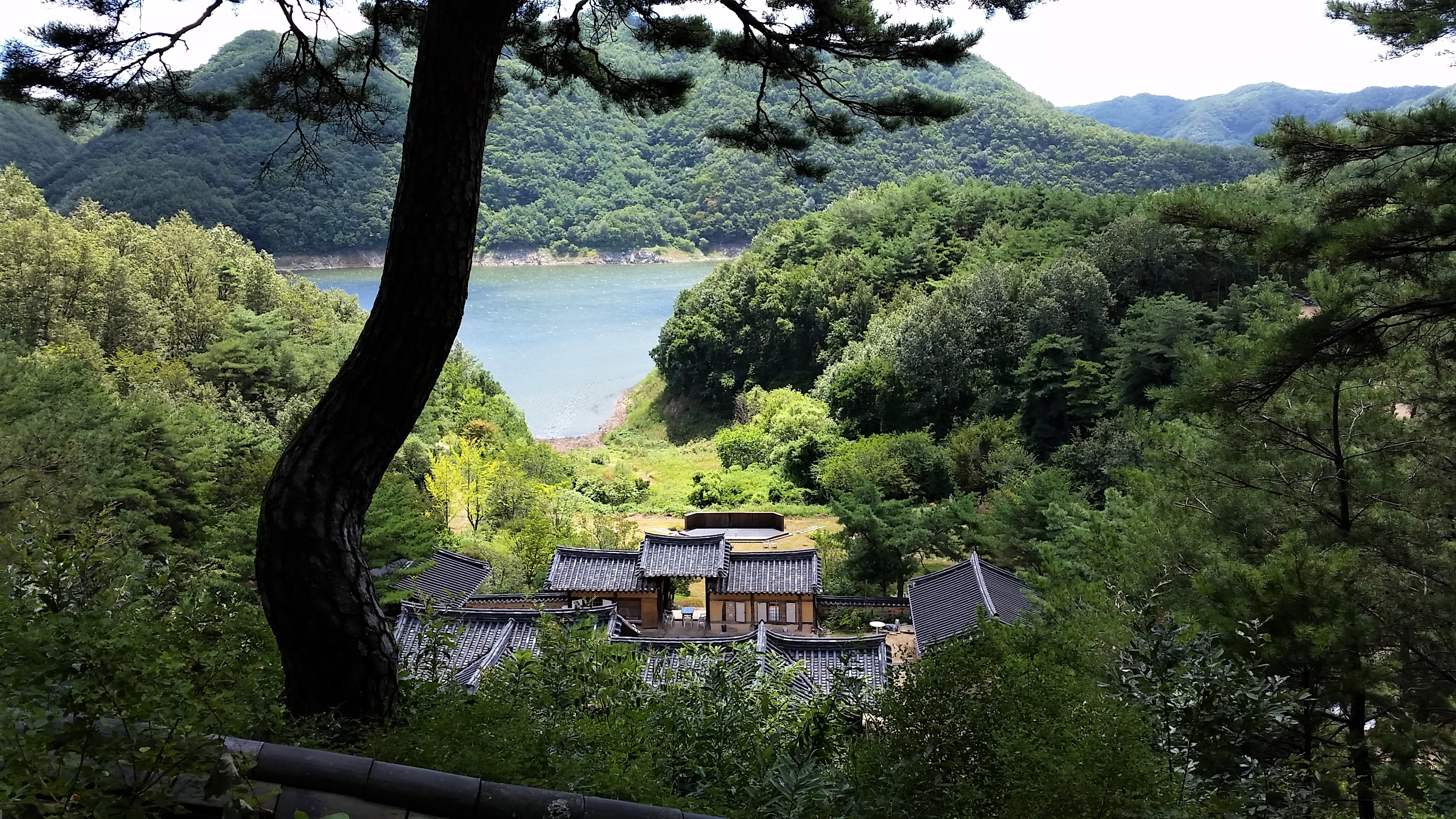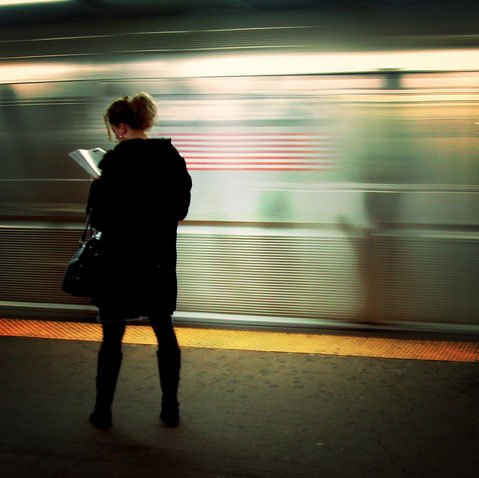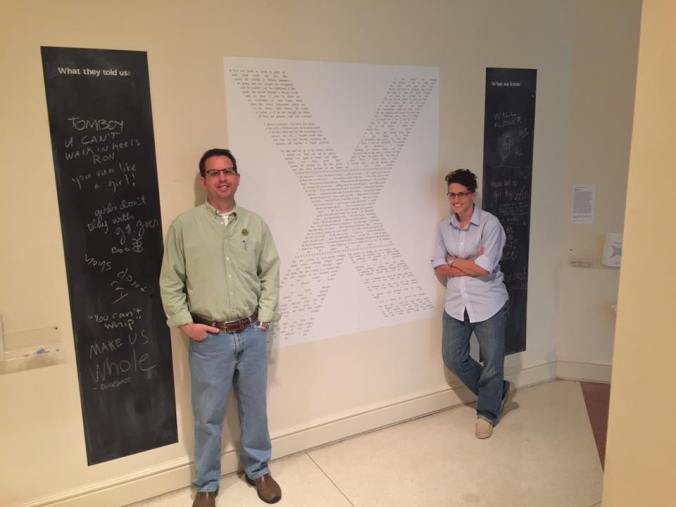As a writer and introvert, one of my greatest quests has been to find quiet places to get away to where I can write, read, and be—without breaking the bank. Here are five places I found during my travels in Asia that gave me the space I needed to write, seek silence, and find inspiration.

I stayed at Jirye Art Village outside of Andong, South Korea, for over a week last summer, and it was just the quiet getaway I needed after weeks in the bustling metropolis of Seoul.
The Jirye Art Village is comprised of a series of historical buildings that were rescued from demolition by Korean poet Kim Won-gil. The buildings, built circa 1660, belonged to his family, and in 1990, when they were threatened by a dam being built nearby, Kim managed to get permission to move 10 buildings 200 meters up the mountains to their current position.
The poet envisioned turning the buildings into an artist’s colony, but in recent years, the property has become more of a place for visitors, including retreatants, artists, and travelers.
Nightly rates can be a little pricey for backpackers, but information on making reservations can be found here. However, I visited via WWOOF Korea, a program through which you can volunteer a few hours a day (usually at farms) in return for room and board.
I worked for Kim Won-gil about five to six hours of work a day, doing maintenance for trails, weeding the small plots of produce they grow, and providing other help around the property along with a few other WWOOFers. In return for my work, I had late afternoons and evenings off (days started around 6:00 a.m.), a room of my own (with a beautiful view down to the water), and three delicious meals a day (cooked by Kim’s wife and his daughter, Borum, who was visiting the week I was there).

While the rooms are maintained in the traditional Korean style (furnished with a small dresser and a sleeping mat on the floor), if you don’t mind not having a desk, it’s an ideal place to write–replete with high-speed WiFi throughout the property. And if you don’t like writing in your room, there’s a spacious building nearby (which used to be the village school) with a low table and a piano where you can create to your heart’s content.
Hiking paths criss-cross the mountains around Jirye, and to say that it is remote is an understatement. But if you WWOOF, Kim and his family will make sure you get to and from the Village as needed on arrival and departure.
Cost: Free (if you WWOOF); make an inquiry about a paid visit here.
Location: On a remote mountain about an hour’s drive outside of Andong, South Korea. Andong is easily accessible by bus or train. From there, you’ll need to either rent a car or arrange transport with Kim and his family.
I’ve already written a full post on my travelblog about my experiences on Jindo, a sleepy island located off the southwestern coast of South Korea. At the center of that experience was my stay at Edward’s traditional hanok house, a carefully restored (if rustic) Korean home in the small village of Oh-il-shi (오일시).
Jindo Island, and Edward’s house in particular, offer the perfect getaway for anyone looking to escape the hurry-hurry of contemporary Korean life. Edward and his wife were lovely hosts, and Edward offered me great advice on local hiking trails only a short walk away and other great sights to see on the island.
Be warned, though, Jindo is a place to unplug. Edward and his family don’t have internet or Wi-Fi at their house, and Oh-il-shi is tiny (so no coffeeshops for you digital nomads out there). But I was able to get reception on my cell phone, and the room I stayed in had a couple outlets to plug into. Additionally, if you go to one of the beaches or towns that Edward recommends, there are places with Wi-Fi and other amenities only a short bus ride away.
I’ll also say this from a writer’s standpoint about my stay on Jindo: I had more luck centering myself and finding quiet out in nature than writing. The room I stayed was small and dark (just by the way it was designed), and while cozy for sleeping and reading in bed, it wasn’t super comfy for long bouts of writing on the computer or in notebooks. At the same time, the hanok houses traditionally have beautiful, wide wooden porches, as this one did–which are the perfect places to lounge, sketch, or scribble in a notebook.
Note also that, like Jirye, the bedding here is traditional Korean style (which means a soft sleeping mat on the floor).
Cost: $23/night, with a 10% weekly discount and 30% monthly discount; book online through Airbnb.
Location: Oh-il-shi, Jindo, South Korea. You can reach Jindo by bus from many Korean cities, including Seoul, Mokpo, and Gwangju, or a combination of train (I recommend KTX to Mokpo) and bus. You can also take a ferry from Jindo to Jeju, if you want to island-hop, and to a number of other small islands along Korea’s western coast. For more tips on visiting Jindo, check out my full post on my stay there.
I had the privilege of staying at Wild Haven Resort for a few days while I was traveling Southern India with my Korean sister Boyeon and her friend Roshan.
Wild Haven is an old colonial hunting lodge that Roshan’s father turned into a set of lodgings that include spacious rooms and incredible views of the nature reserve that surrounds the property. When I was there in September, the days were mild and bright and nights included quiet bonfires and the sounds of tigers calling in the distance.
Wild Haven brings nature to your doorstep–with all the amenities a writer or artist might need to make it through their days, including free Wi-Fi, delicious food, and spacious, sunny rooms and porches. Plus, I can’t say enough about Roshan, his family, and the Wild Haven staff’s hospitality and kindness.
I only stayed a few days, but I made a mental note to return someday for a proper writer’s retreat.

Saying goodbye to Roshan and his dad before heading to Bangalore. (Photo courtesy of Boyeon Han)
Price: Prices start at around $55/night, including breakfast and dinner (which were delicious). You can inquire on the Wild Haven website or find them listed on Booking.com and other online booking sites.
Location: Masinagudi, Tamil Nadu, India. The nearest airport is Coimbatore International Airport, which is still a haul away. You’ll probably want to hire a car/driver if you come here; contact the staff at Wild Haven to get help arranging something and/or get an estimate of usual rates.

The view from the front porch/veranda
This is the place where I’ve gotten the most writing done during my almost-ten months abroad. Nature Home Retreat in Pokhara was the perfect place to step back, detach, and immerse myself in my writing. The room comes replete with a spacious desk overlooking the lake and hillside, and there are also writing nooks at small tables located at the house’s front and side porches. Add to that a hammock for hours of reading, a small kitchen (there wasn’t a fridge when I was there, but from the listing, it looks like they’ve added one), filtered water, and reliably hot showers, and you won’t want to leave.
The home is located three kilometers outside of Pokhara near Phewa Lake. I regularly walked in to Pokhara (which is a small tourist town with cafes, restaurants, and more), but you can also take taxis and/or rent bicycles and motorbikes. As the listing states, there aren’t a lot of stores in their small village (Happy Village), but there are some restaurants close by–and there are plenty of little grocers in Pokhara.

One of the many writing/reading spaces available
There are also walking trails near the house, and Pokhara is a regular launching point for numerous treks and other excursions.
But really, I just holed myself away and wrote and watched the paragliders swirl overhead.
They’re on the grid but also have solar power, so you’ll be able to charge whatever you need. I couldn’t get Wi-Fi while I was there, but I did have cell phone reception. But unplugging was quite nice, to be honest.
A great place to scribble in notebooks, read in hammocks, and finish that novel you’ve been working on.

View from a short hike nearby
Price: Prices start at $36/night, but weekly reservations get a 43% discount, if you stay for a month, you can get 50% off your rate.
Location: Happy Village/Khapaudi, Nepal (3km outside of Pokhara). Pokhara is accessible by plane, bus, and automobile. I took a motorbike taxi from the bus station to the property but the rest of the time just walked (it’s about 45 minutes to an hour into Pokhara by foot). The home is a small hike up the hill, so just be aware if you’ve got luggage (I had no problem with my backpack).

- Sunset view from Dragon Boat Rock
Dragon Boat Rock is a little slice of paradise in the middle of rural Vietnam. With a handful of well-appointed bungalows, delicious food, and kind hosts/staff, this homestay/resort can easily become a cozy little home-away-from-home for any writer, artist, and/or introvert. Rooms are private, full of natural light, and often include writing desks and other seating/creative spaces (with power outlets nearby) for folks like me. And with plenty of well-lit communal areas, hammocks, and Wi-Fi in all common spaces, you’ll have a hard time leaving this place behind.


I wrote a lot here while enjoying gorgeous sunsets, chatting with the local (and international) staff, and learning to ride a motorbike. (Bicycles are free to use and motorbikes can be rented for a small fee.) Plus, the surrounding sights in world-renowned Ninh Binh are not to be missed.
I can’t say enough about my love for Dragon Boat Rock and its hosts, and I look forward to visiting them for another self-made writer’s retreat soon.
Price: Prices start at $20-30/night and include breakfast, but weekly reservations get a 14% discount, and if you stay for a month, you can get a 38% discount. You can book through their website, Airbnb, and a range of other booking sites. I stayed in this bungalow, which was absolutely perfect for writing and introverting.
Lunch and dinner are extra, as are beers, soft drinks, etc. (which are well-stocked in their fridge), but I stayed for over a week and probably spent a total of $30-35/day (including all food and beverages). The food was always amazing, and the price is reasonable, so if you’re going to be holing up there, I’d recommend just planning to eat there, too.
Location: Ninh Giang, Ninh Binh Province, Vietnam. I took the train from Hanoi to Ninh Binh (about two hours), and then Sabine (the co-owner) helped arrange a taxi for me. The rest of the time, I mostly stayed at Dragon Boat Rock, but I also wandered out to Ninh Binh and its surrounds via motorbike a few times.
Do you have your own recommendations for affordable, solo writer’s retreats around the world? Leave a note in the comments below!
Originally published on my travel blog at You Are (Queer) Here.



 I’d been eyeing this book for a while, but after I saw Krys Lee speak at Adelaide Writers’ Festival in Australia and livetweeted about everything she said, I decided to track it down. Largely set in China near the North Korean border, How I Became a North Korean follows multiple characters on their journeys of exile from North Korea and their attempts to escape the regime, including Jangmi, a pregnant defector who is forced into sex work, and Yongju, a young man whose family was once in the upper echelons of North Korean society and politics. Most interesting and accessible, though, is Danny, a Bible-toting young man who is an ethnic Korean from China but grew up in California. Through a series of misadventures, Danny ends up in China without a passport and offers an outsider’s look into the world of the North Korean migrants as he navigates his own struggles with faith, sexuality, and identity.
I’d been eyeing this book for a while, but after I saw Krys Lee speak at Adelaide Writers’ Festival in Australia and livetweeted about everything she said, I decided to track it down. Largely set in China near the North Korean border, How I Became a North Korean follows multiple characters on their journeys of exile from North Korea and their attempts to escape the regime, including Jangmi, a pregnant defector who is forced into sex work, and Yongju, a young man whose family was once in the upper echelons of North Korean society and politics. Most interesting and accessible, though, is Danny, a Bible-toting young man who is an ethnic Korean from China but grew up in California. Through a series of misadventures, Danny ends up in China without a passport and offers an outsider’s look into the world of the North Korean migrants as he navigates his own struggles with faith, sexuality, and identity.
 Originally, I was searching my library’s electronic books section for Men Explain Things to Me, Solnit’s feminist treatise that has been all the rage among my feminist friends. On the way, I found this and decided to give it a read.
Originally, I was searching my library’s electronic books section for Men Explain Things to Me, Solnit’s feminist treatise that has been all the rage among my feminist friends. On the way, I found this and decided to give it a read. Honestly, this novel made me really sad, but I think it offered me an important, if fictionalized, glimpse into everyday life in Afghanistan and the twists and turns the country has taken over the previous decades.
Honestly, this novel made me really sad, but I think it offered me an important, if fictionalized, glimpse into everyday life in Afghanistan and the twists and turns the country has taken over the previous decades.











 I’m gonna be honest—this is my second time reading this book, and I read it before the election results were announced. I’d filled out my absentee ballot. I’d scanned and sent it from the
I’m gonna be honest—this is my second time reading this book, and I read it before the election results were announced. I’d filled out my absentee ballot. I’d scanned and sent it from the After the election, I felt pretty powerless in terms of how to respond and also realized I needed to learn more about engaging with the racial justice movement and integrating anti-racism work into my other advocacy. This book was a great primer for me regarding work being done to end the prison industrial complex (and its inherent racism) as well as an awesome guide for movement-building in general. I recommend it for anyone working in advocacy and activism and for all my non-profit sector friends. Find out more online
After the election, I felt pretty powerless in terms of how to respond and also realized I needed to learn more about engaging with the racial justice movement and integrating anti-racism work into my other advocacy. This book was a great primer for me regarding work being done to end the prison industrial complex (and its inherent racism) as well as an awesome guide for movement-building in general. I recommend it for anyone working in advocacy and activism and for all my non-profit sector friends. Find out more online This compelling non-fiction work is written as a letter from Coates to his son, explaining the America he’s growing up in and the racial injustices, progress, and setbacks the author has seen in his lifetime. I’d recommend this book to anyone, but especially to my white friends (or those who are from outside of the U.S.) who want to understand more about structural and individual racism in America, especially via this personal-political lens. Check out an excerpt adapted for The Atlantic
This compelling non-fiction work is written as a letter from Coates to his son, explaining the America he’s growing up in and the racial injustices, progress, and setbacks the author has seen in his lifetime. I’d recommend this book to anyone, but especially to my white friends (or those who are from outside of the U.S.) who want to understand more about structural and individual racism in America, especially via this personal-political lens. Check out an excerpt adapted for The Atlantic  Yes, and oldie but a goodie. In fact, I hadn’t read it before, but a fellow feminist I met in Kathmandu passed it along to me. Queer, black, feminist/womanist fiction engaging with everything from domestic violence to racial oppression and liberation—who could ask for anything more?
Yes, and oldie but a goodie. In fact, I hadn’t read it before, but a fellow feminist I met in Kathmandu passed it along to me. Queer, black, feminist/womanist fiction engaging with everything from domestic violence to racial oppression and liberation—who could ask for anything more? Americanah
Americanah The Warmth of Other Suns
The Warmth of Other Suns
